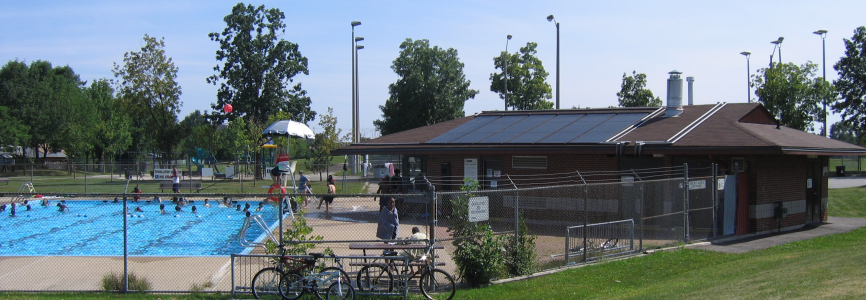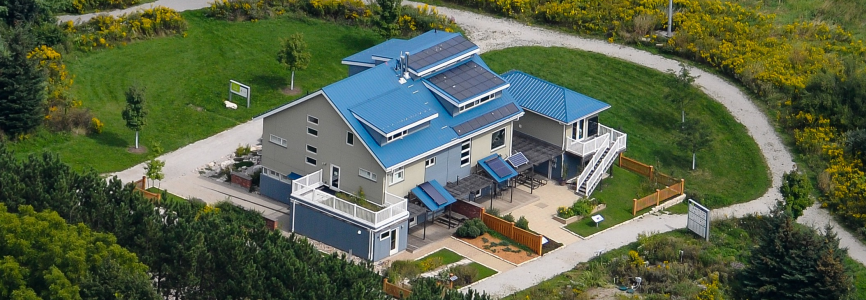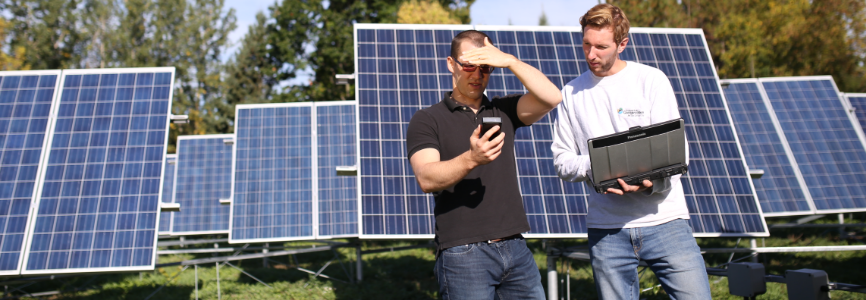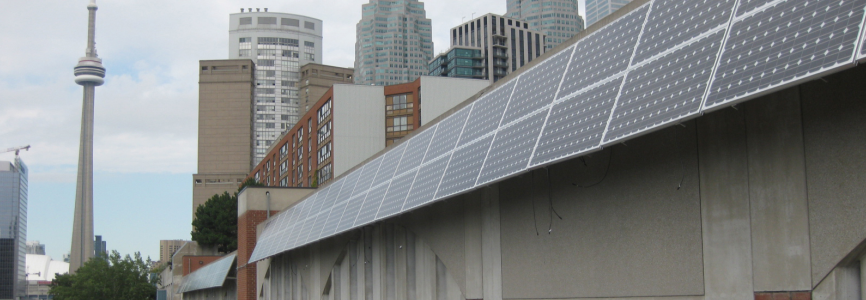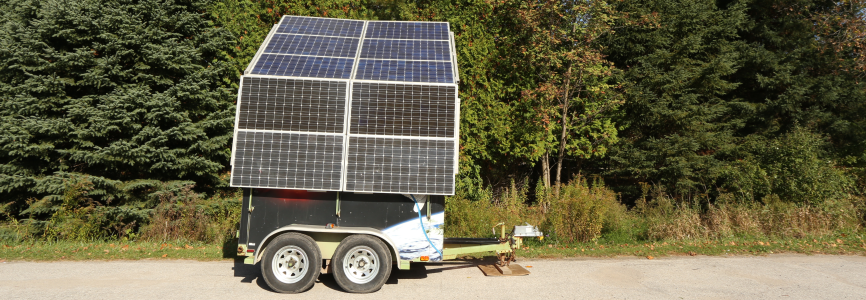Renewable Energy
There is “no ambiguity”1 that climate change is a result of human-caused greenhouse gas emissions and that, without large-scale intervention to mitigate these emissions, the likelihood of “severe, pervasive and irreversible” consequences increases2. Our dependence on the combustion of fossil-fuel based energy sources like coal, oil and natural gas is largely to blame, and it is immediately clear that the adoption of sustainable energy sources is of paramount importance. Through demonstration, evaluation, and education, STEP works to address and overcome barriers to more widespread adoption of technologies that harness renewable energy – like solar photovoltaics, solar domestic hot water heating, solar pool heating, solar air heating and wind energy.
¹ Intergovernmental Panel on Climate Change, 2013. Summary for Policymakers. In: Climate Change 2013: The Physical Science Basis. Contribution to Working Group 1 to the Fifth Assessment Report of the IPCC. [Stocker, T.F., D. Qin, G.-K. Plattner, M. Tignor, S.K. Allen, J. Boschung, A. Nauels, Y. Xia, V. Bex and P.M. Midgley (eds.)]. Cambridge University Press, Cambridge, United Kingdom and New York, NY, USA.
² Natural Resources Canada’s Office of Energy Efficiency, 2012. Energy Efficiency Trends in Canada: 1990 – 2009.


